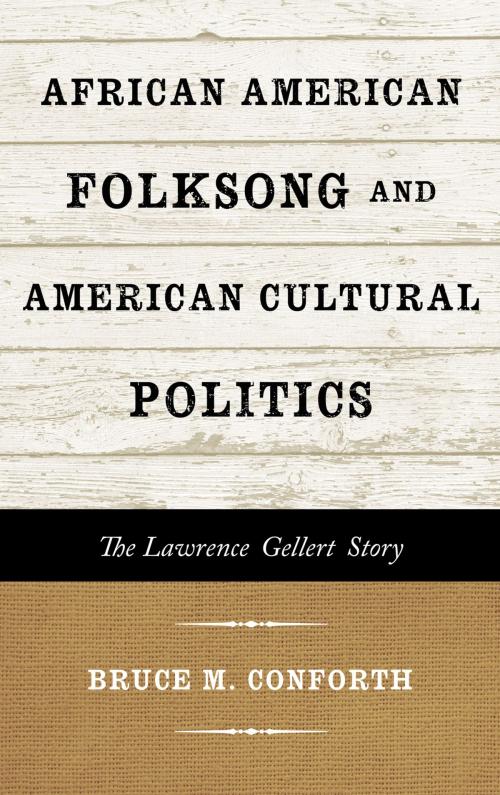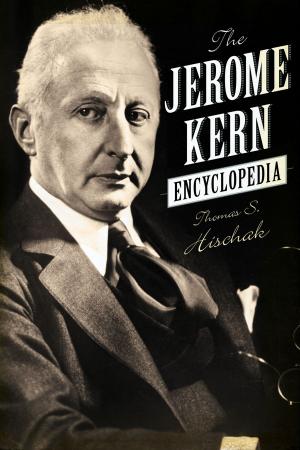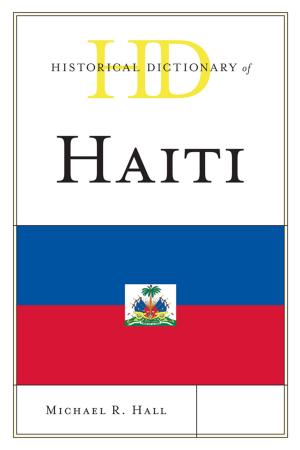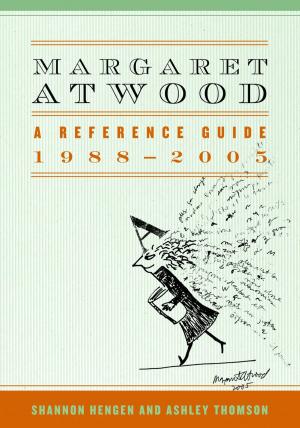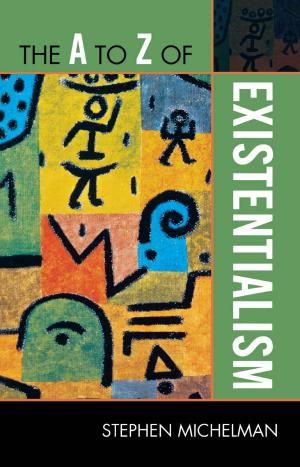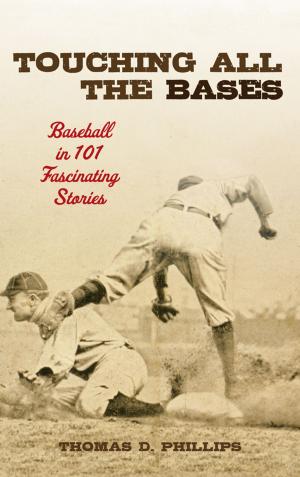African American Folksong and American Cultural Politics
The Lawrence Gellert Story
Nonfiction, Entertainment, Music, Classical & Opera, Ballet, Biography & Memoir, Composers & Musicians| Author: | Bruce M. Conforth | ISBN: | 9780810884892 |
| Publisher: | Scarecrow Press | Publication: | May 16, 2013 |
| Imprint: | Scarecrow Press | Language: | English |
| Author: | Bruce M. Conforth |
| ISBN: | 9780810884892 |
| Publisher: | Scarecrow Press |
| Publication: | May 16, 2013 |
| Imprint: | Scarecrow Press |
| Language: | English |
In African American Folksong and American Cultural Politics: The Lawrence Gellert Story, scholar and musician Bruce Conforth tells the story of one of the most unusual collections of African American folk music ever amassed—and the remarkable story of the man who produced it: Lawrence Gellert. Compiled between the World Wars, Gellert's recordings were immediately adopted by the American Left as the voice of the true American proletariat, with the songs—largely variants of traditional work songs or blues—dubbed by the Left as "songs of protest." As both the songs and Gellert’s standing itself turned into propaganda weapons of left-wing agitators, Gellert experienced a meteoric rise within the circles of left-wing organizations and the American Communist party. But such success proved ephemeral, with Gellert contributing to his own neglect by steadfastly refusing to release information about where and from whom he had collected his recordings. Later scholars, as a result, would skip over his closely held, largely inaccessible research, with some asserting Gellert’s work had been doctored for political purposes. And to a certain extent they were correct. Conforth reveals how Gellert at least "assisted" in the creation of some of his more political material. But hidden behind the few protest songs that Gellert allowed to become public was a vast body of legitimate African America folksongs—enough to rival the work of any of his contemporary collectors.
Had Gellert granted access to all his material, scholars would have quickly seen that it comprised an incredibly complete and diverse collection of all African American song genres: work songs, blues, chants, spirituals, as well as the largest body of African American folktales about Irish Americans (what were referred to as "One Time I'shman" tales). It also included vast swaths of African American oral literature collected by Gellert as part of the Federal Writers' Project.
In African American Folksong and American Cultural Politics, Conforth brings to light for the first time the entire body of work collected by Lawrence Gellert, establishing his place, and the place for the material he collected, within the pages of American folk song scholarship. In addition to shedding new light on the concept of "protest music" within African American folk music, Conforth discusses the unique relationship of the American Left to this music and how personal psychology and the demands of the American Communist party would come to ruin Gellert’s life.
African American Folksong and American Cultural Politics will appeal to students and scholars in the fields of American social and political history, African American studies, the history of American folk music, and ethnomusicology.
In African American Folksong and American Cultural Politics: The Lawrence Gellert Story, scholar and musician Bruce Conforth tells the story of one of the most unusual collections of African American folk music ever amassed—and the remarkable story of the man who produced it: Lawrence Gellert. Compiled between the World Wars, Gellert's recordings were immediately adopted by the American Left as the voice of the true American proletariat, with the songs—largely variants of traditional work songs or blues—dubbed by the Left as "songs of protest." As both the songs and Gellert’s standing itself turned into propaganda weapons of left-wing agitators, Gellert experienced a meteoric rise within the circles of left-wing organizations and the American Communist party. But such success proved ephemeral, with Gellert contributing to his own neglect by steadfastly refusing to release information about where and from whom he had collected his recordings. Later scholars, as a result, would skip over his closely held, largely inaccessible research, with some asserting Gellert’s work had been doctored for political purposes. And to a certain extent they were correct. Conforth reveals how Gellert at least "assisted" in the creation of some of his more political material. But hidden behind the few protest songs that Gellert allowed to become public was a vast body of legitimate African America folksongs—enough to rival the work of any of his contemporary collectors.
Had Gellert granted access to all his material, scholars would have quickly seen that it comprised an incredibly complete and diverse collection of all African American song genres: work songs, blues, chants, spirituals, as well as the largest body of African American folktales about Irish Americans (what were referred to as "One Time I'shman" tales). It also included vast swaths of African American oral literature collected by Gellert as part of the Federal Writers' Project.
In African American Folksong and American Cultural Politics, Conforth brings to light for the first time the entire body of work collected by Lawrence Gellert, establishing his place, and the place for the material he collected, within the pages of American folk song scholarship. In addition to shedding new light on the concept of "protest music" within African American folk music, Conforth discusses the unique relationship of the American Left to this music and how personal psychology and the demands of the American Communist party would come to ruin Gellert’s life.
African American Folksong and American Cultural Politics will appeal to students and scholars in the fields of American social and political history, African American studies, the history of American folk music, and ethnomusicology.
